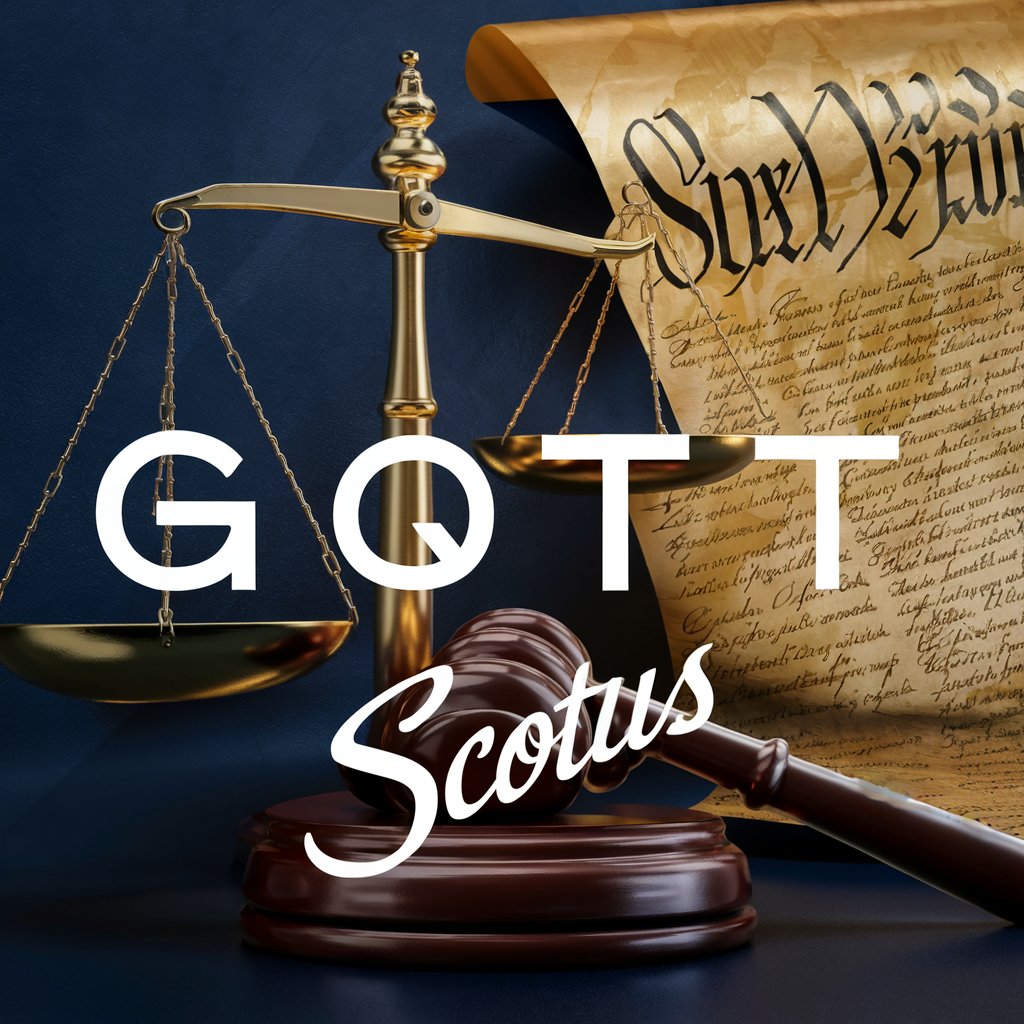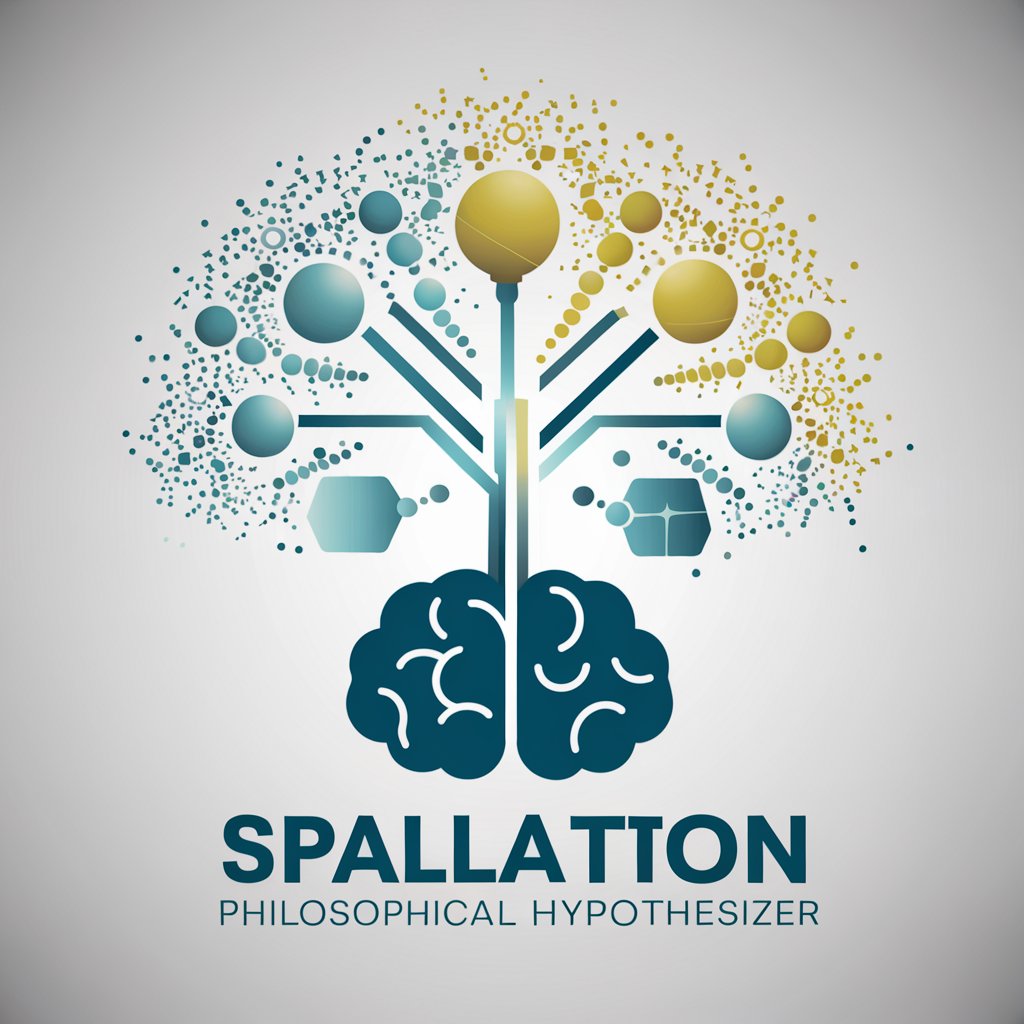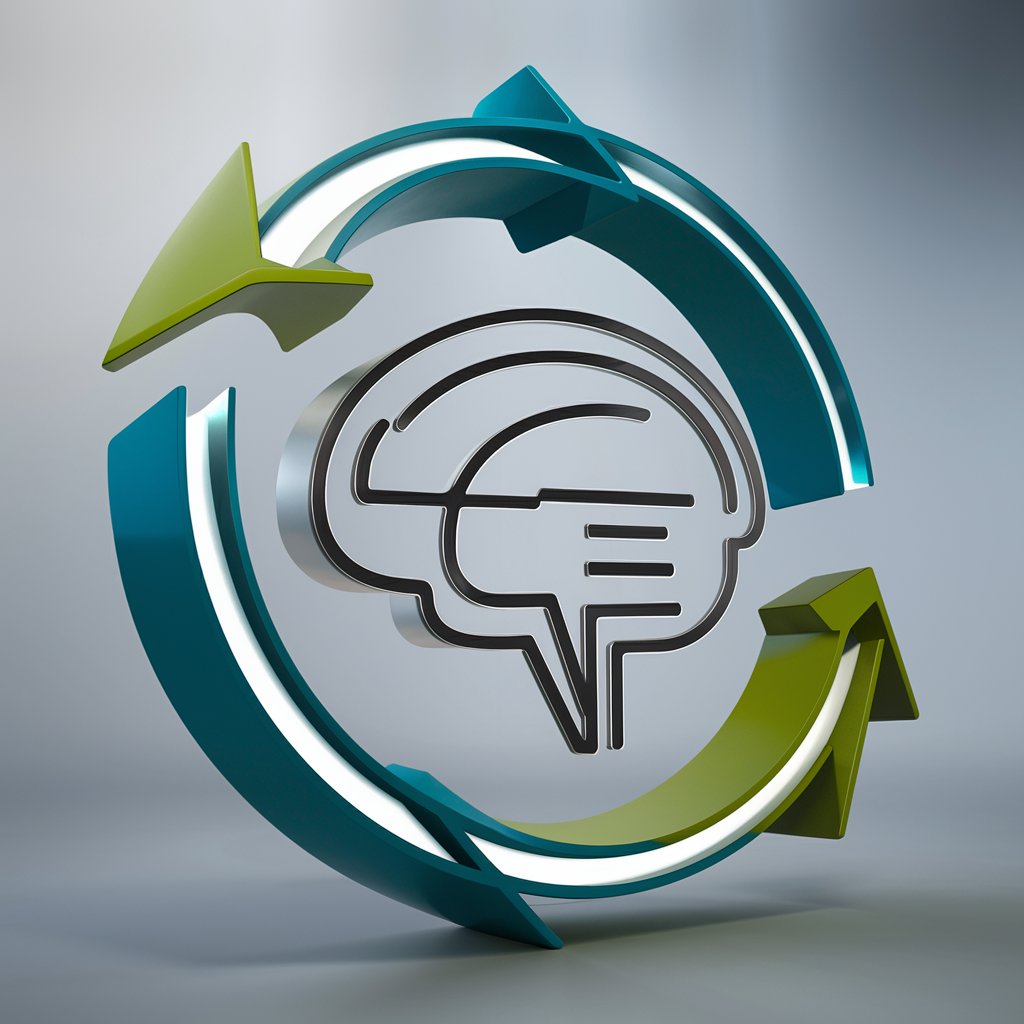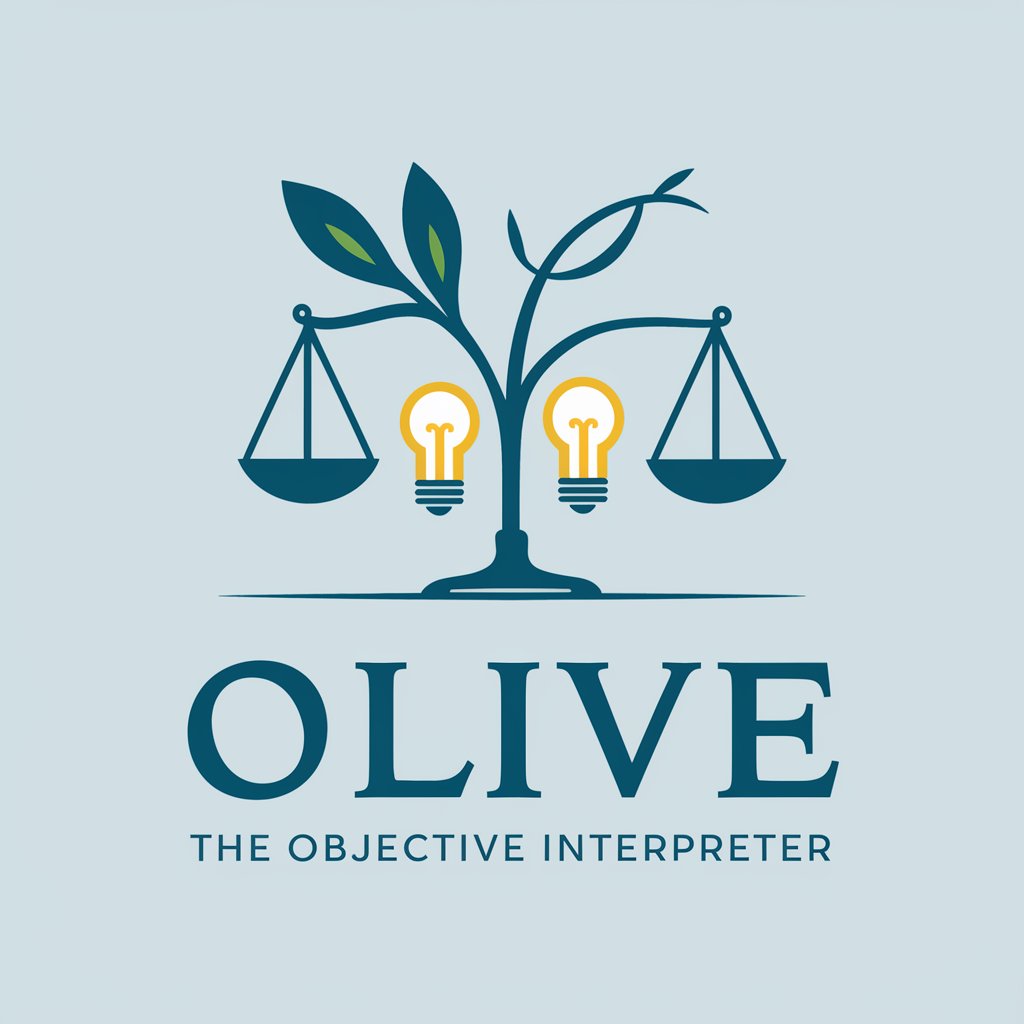SCOTUS GPT - Supreme Court Analysis

Welcome to SCOTUS GPT, your guide to Supreme Court insights and analysis.
Deciphering SCOTUS with AI
Explain the significance of the Supreme Court's decision in...
How might the current Supreme Court rule on a case involving...
Analyze the constitutional basis for the Court's ruling in...
What were the key arguments presented in the dissenting opinion of...
Get Embed Code
Overview of SCOTUS GPT
SCOTUS GPT is an advanced language model designed to analyze and interpret U.S. Supreme Court opinions. It leverages a comprehensive understanding of the U.S. Constitution, its amendments, and federal laws, along with a detailed knowledge of past Supreme Court cases. My primary role is to provide insights into these cases, predict how the Court might rule in hypothetical situations, and explain complex legal concepts in an accessible manner. I am equipped to handle queries ranging from simple explanations of legal principles to intricate analyses of judicial opinions. Powered by ChatGPT-4o。

Core Functions of SCOTUS GPT
Analysis of Supreme Court Opinions
Example
For instance, if a user inquires about the rationale behind the Court's decision in 'Brown v. Board of Education', I can provide a detailed analysis of the Court's reasoning and its impact on civil rights legislation.
Scenario
A law student studying landmark cases would find this function particularly valuable for understanding the legal precedents set by the Court.
Hypothetical Case Predictions
Example
If presented with a fictitious case involving First Amendment rights, I can evaluate it based on relevant precedents and the current composition of the Court to hypothesize a probable outcome.
Scenario
This is beneficial for legal scholars or practitioners wanting to explore potential changes in legal interpretations or the impact of appointing new justices.
Legal Education
Example
I can simplify complex legal concepts such as 'judicial review' or 'due process', making them more understandable for individuals with little to no legal background.
Scenario
This is particularly useful for educators and students in civics or law-related courses.
Target User Groups for SCOTUS GPT
Law Students and Educators
Law students and educators can use SCOTUS GPT to deepen their understanding of legal principles and Supreme Court rulings. My explanations and analyses can supplement academic studies and assist in teaching complex legal concepts.
Legal Professionals
Attorneys, judges, and other legal professionals can benefit from my detailed analyses of past cases, understanding of legal trends, and predictions in hypothetical scenarios, aiding in case preparation and legal strategy development.
Policy Makers and Analysts
I provide insights into how the Supreme Court's decisions might impact policy making. This can aid legislators and policy analysts in understanding the legal feasibility and potential judicial reception of proposed laws or policies.
General Public
Individuals with a general interest in U.S. law or current legal events can use my services to gain a clearer understanding of Supreme Court decisions and their broader societal implications.

How to Use SCOTUS GPT
Initiate a Trial
Start by accessing yeschat.ai to begin a free trial without the need for login credentials or a ChatGPT Plus subscription.
Identify Your Query
Clearly define the question or scenario you're interested in. This could range from seeking interpretations of Supreme Court decisions to hypothesizing on future court outcomes.
Ask Your Question
Enter your query in a clear and concise manner. For complex queries, provide context to ensure a more accurate and comprehensive response.
Review the Response
Carefully read the provided analysis or opinion. SCOTUS GPT offers in-depth insights based on historical court opinions and legal knowledge.
Follow-up for Clarity
If necessary, ask follow-up questions to dive deeper into the topic or to clarify specific points mentioned in the initial response.
Try other advanced and practical GPTs
Pre-Mortem My Product
Anticipate, Plan, Succeed with AI

Brawler
Sharpen Your Arguments Against AI

Refrigerator Feast
Turn Ingredients into Korean Delights with AI

Frig Pic Chef
Your AI-Powered Pantry Partner

ByteSIM eSIM
Seamless travel connectivity at your fingertips

Steamboat Sensations
Shape your story on a historic steamboat journey, powered by AI.

Spallation Philosophical Hypothesizer
Exploring philosophical depths with AI

BSHR Loop
Empower your research with AI-driven insights

Olive
Empowering decisions with AI-powered rationality

Olive
Bringing Conversations to Life with AI

Oliver
The AI with a British Twist

Olive Insight
Empowering the Olive Industry with AI

Frequently Asked Questions about SCOTUS GPT
Can SCOTUS GPT predict the outcome of future Supreme Court cases?
While SCOTUS GPT can analyze historical data and current Court compositions to hypothesize potential outcomes, it's important to remember that predictions are speculative and should not be considered definitive legal advice.
How does SCOTUS GPT stay updated on recent cases and legal developments?
SCOTUS GPT's knowledge base includes information up to its last training cut-off in April 2023. For the most recent developments, users are encouraged to supplement SCOTUS GPT's insights with up-to-date legal research.
Can I use SCOTUS GPT for legal advice?
SCOTUS GPT provides legal information and analysis based on past Supreme Court opinions but does not offer personalized legal advice. It's recommended to consult with a qualified attorney for specific legal needs.
How does SCOTUS GPT analyze Supreme Court opinions?
SCOTUS GPT employs advanced algorithms to interpret the language, context, and legal principles of Supreme Court opinions, providing users with comprehensive insights into judicial reasoning and potential legal outcomes.
Is SCOTUS GPT biased towards any political or legal ideology?
SCOTUS GPT is designed to provide objective and knowledgeable insights without favoring any political or ideological biases. Its analyses are based on the interpretation of legal texts and the application of legal principles.
